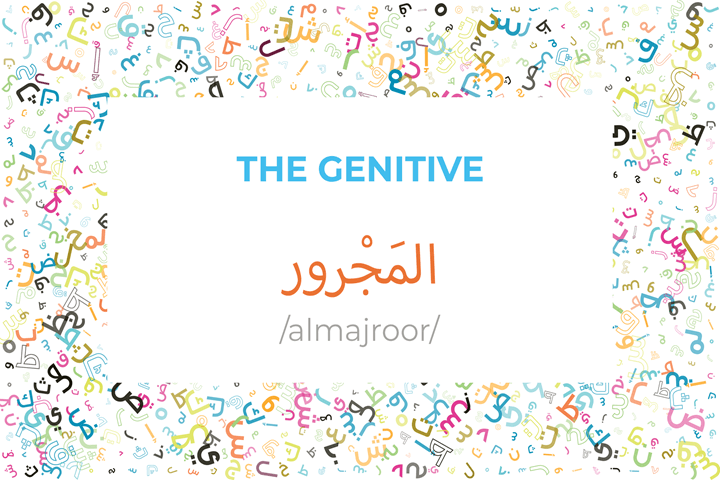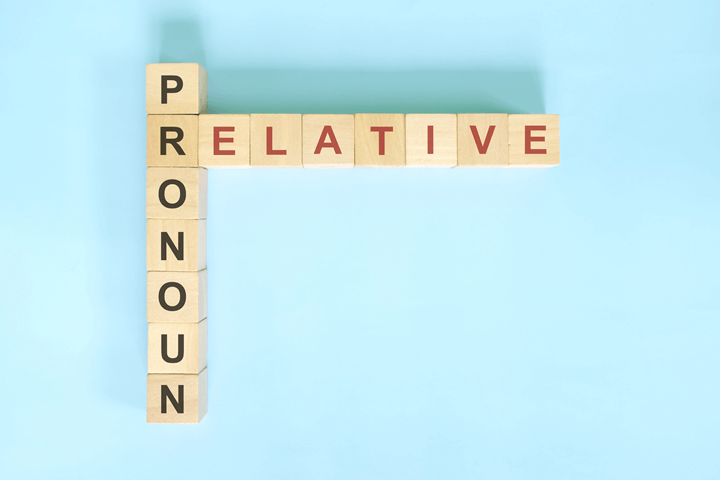Learn Arabic Case Endings the Right Way: The Genitive

Hello and welcome to the third and final part of our three-part series on case endings. In case you’ve missed the first two parts, we’ll go ahead and give you a quick review now. (You can also visit our YouTube channel here and our blog here to catch up on what you’ve missed so far.) […]
Learn Arabic Case Endings the Right Way : The Accusative

Hello and welcome back to the second part of our three-part series on case endings. So, what exactly are case endings when we talk about Arabic grammar? Well, in case you missed the first part, let’s recap it for a minute. In Arabic, case endings are short vowel marks (or الحَرَكات /alHarakaat/ in Arabic) that […]
Learn Arabic Case Endings the Right Way: The Nominative

Hello and welcome to our three-part series on case endings. So, what exactly are case endings when we talk about Arabic grammar? Well, in Arabic, case endings are short vowel marks (or الحَرَكات /alHarakaat/ in Arabic) that are placed above and below the last letter of a word. These let the reader know what the […]
Comparatives and Superlatives in Arabic

Some say that Arabic is harder to learn than English. However, Arabs might say that English is the hardest. Nevertheless, today you’re going to learn what is perhaps the easiest grammar lesson in Arabic to learn. In fact, you might say that it’s easier than any lesson you had before. In case you haven’t guessed […]
That’s a Negative: The Tools of Negation in Arabic

No matter how positive you try to be, every once in a while you have to say something negative. This is as true for Arabic as it is for any other language. Lucky for you, today we’re going to show you how to use negative words to say that something is not true or is […]
How to Use Relative Pronouns in Arabic

In today’s post, we’re going to learn about relative pronouns. Though the name suggests that they might be used to refer to your aunts, uncles, cousins and other relatives (and, technically, we suppose they can be), in Arabic, relative pronouns come after definite nouns to introduce sentences that describe these nouns or provide additional information about […]
Next Level Arabic: Moving up to Sentences

By now, you’ve learned a little bit of vocabulary and most of the parts of speech in Arabic. That means now it’s time for you to step it up a notch, put it all together, and start making sentences. Basically, Arabic has two types of sentences: the verbal sentence (الجُمْلَةُ الفِعْلِيَةُ/aljumlatu ilfi‘liyyatu) and the […]
Listen Up! The Imperative in Arabic

There may be times when you in charge of a group of people and they’ve got to do what you tell them. Or perhaps you want to ask a favor from your colleagues or make a request of a friend. In any of these cases, you’re likely to use the imperative. In Arabic, just as […]
What’s the Plan, Stan? Will and Going To for the Future

The future is now! Well, at least it is in our Arabic lesson for today. So far you’ve learned about how to conjugate verbs in the Past and Present Arabic verb tenses, so it’s only natural that we look ahead to the future. In Arabic, the future means anything that happens after the time of […]
Here and Now: The Present Tense in Arabic

Got some unfinished business to talk about? Well, you’ve come to the right place because today Kaleela’s going to teach you a little bit about the Present Tense in Arabic. You see, in Arabic, the Present Tense is used to express both habitual and ongoing actions. For example, right now you’re learning Arabic, and assuming you […]